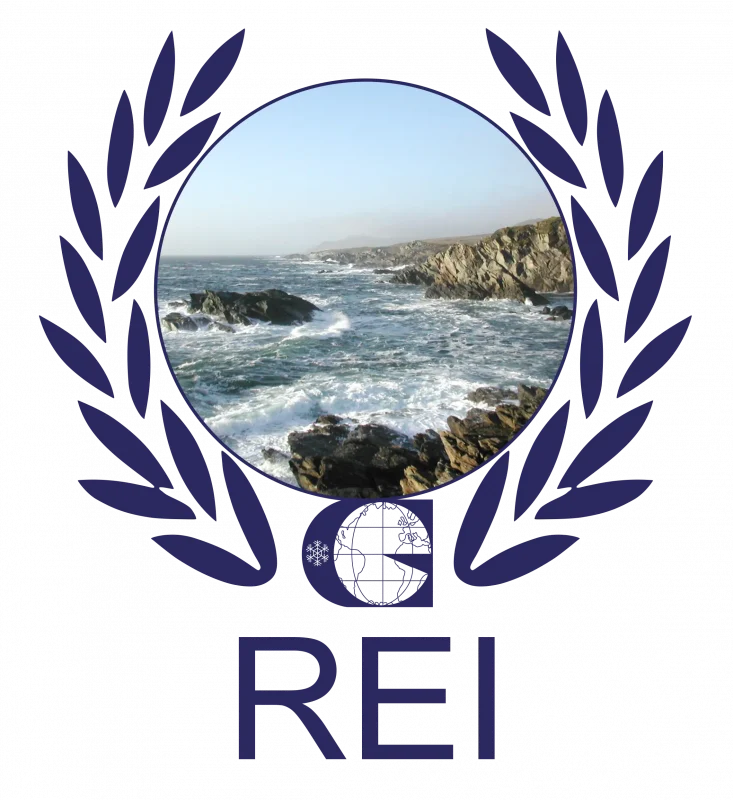Daily News
China’s Clean Energy Boom: $940 Billion of Investments Power a Greener Future
In 2024, China allocated 6.8 trillion yuan ($940 billion) into clean energy, bringing its investment close to the global fossil fuel funding total of $1.12 trillion, according to a new analysis by UK-based research organisation Carbon Brief. This surge occurred despite a significant slowdown in investment growth, which fell to 7% from 40% in 2023 due to overcapacity concerns. Over half of China’s clean energy spending was driven by its rapidly expanding electric vehicle, battery and solar industries, reinforcing the nation’s dominance in the global renewable energy sector.

According to Carbon Brief, the study applied a broad definition of “clean energy” sectors. This encompassed renewable energy, nuclear power, electricity grids, energy storage, electric vehicles (EVs) and rail infrastructure. Among these sectors, EVs and vehicle battery production emerged as the dominant forces driving China’s clean energy economy in 2024, accounting for approximately 39% of the total investment value. Their rapid growth highlights China’s strategic push toward electrification and sustainable transportation.
Simon Evans of Carbon Brief, said: “China has been investing heavily in these sectors for a while now. Perhaps the scale and the pace of things has taken people by surprise, but China’s been developing its electric vehicle industry for a long time now. It’s a deliberate, strategic move for various reasons, including the fact that China is a major oil importer and so they want to improve their energy security and their balance of payments by not having to import oil to run their cars.”
The future growth of China’s clean energy sector will hinge on the targets and policies outlined in the country’s next 5-year economic and social development plan, set to take effect in 2026. However, experts emphasise that more ambitious goals for the 2026-2030 period are essential to maintaining the current pace of clean energy expansion and deployment.
A highly skilled workforce is crucial for achieving global net-zero targets and driving the worldwide energy transition. Contact the Renewable Energy Institute today to learn more about how you can take the next step in your renewables career.
Sources:
